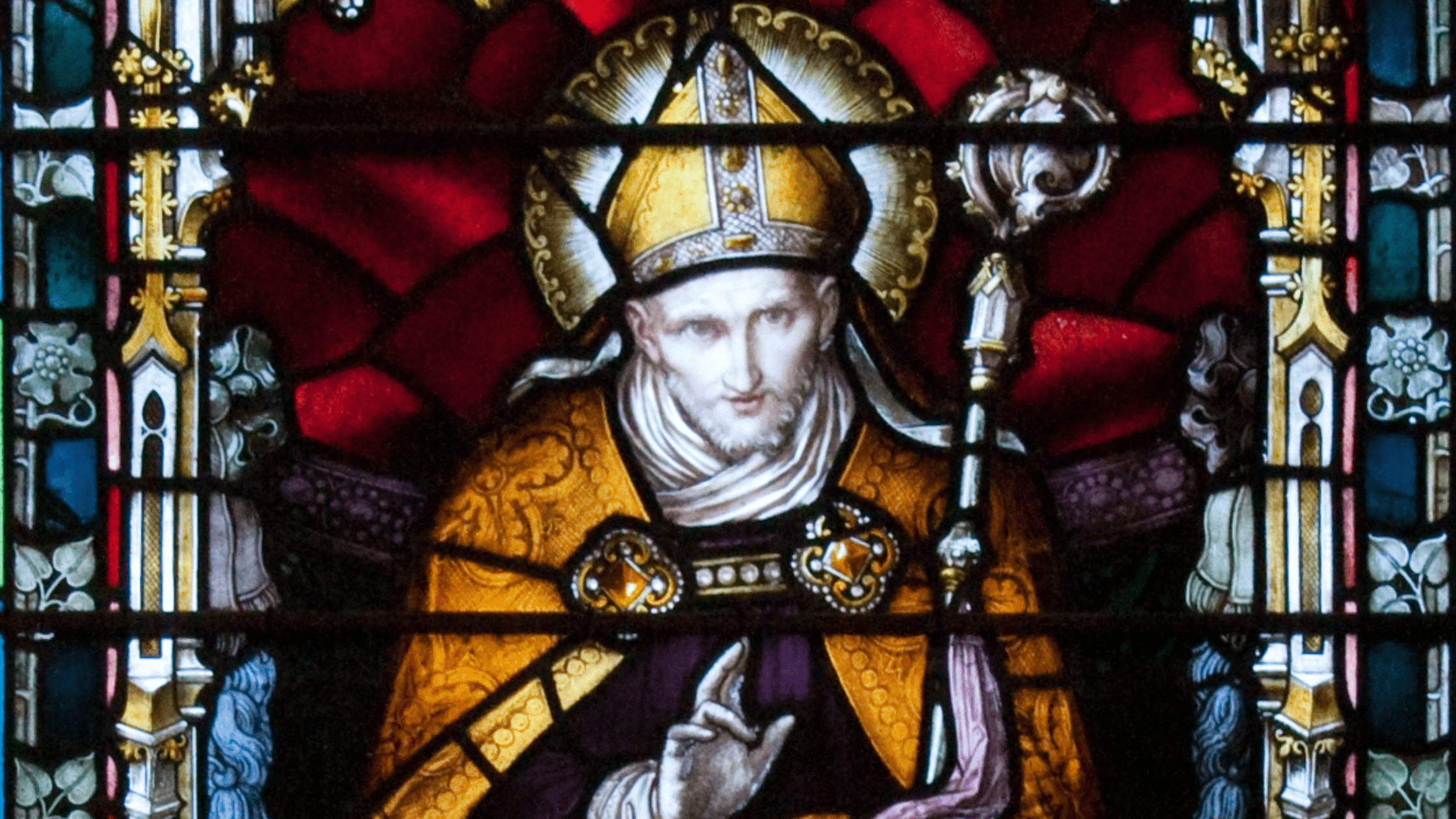“He who desires nothing but God is rich and happy.”
– St Alphonsus Liguori
Saint Alphonsus Liguori – Feast: 1st August
Bishop & Doctor of the Church – 1696 – 1787
Today’s biography and reflection is written by Fr Michel Remery in Online With Saints.
Alphonsus was a successful young lawyer in Naples, Italy. As a result, he became proud and spoiled. He started to neglect his prayer life, and enjoyed his popularity in society with banquets and theatre evenings. One day, he made a huge mistake in a legal case and had to admit his faulty defence. The brilliant lawyer was devastated and did not eat for days. In his depressed state, he gradually came to realise that he had been counting too much on himself and not enough on God’s grace. This made him decide to change his life. He started to pray daily and sought God at every moment. Eventually he came to realise that God wanted him to become a priest.
Soon, he was popular because of his plain and simple preaching at missions around Naples. He also became known as a good confessor who gave valuable advice to the penitents. For him, nothing was as important as our personal relationship with God, our prayer, and the way we live with him.
This brought him to being quite austere with regard to himself. He lived a very simple life, and sold his possessions to feed the poor. He founded the order of the Redemptorists and later was made a bishop. Alphonsus was opposed to rigorism, and told his priests to treat penitents who asked for God’s forgiveness as souls to be saved rather than as criminals to be punished.
Can I ever do enough penance, fasting and mortification?
Penance is an act which shows that you are sorry about something you have done wrong. When Alphonsus came to realise ever more the great love of God for him, he also came to realise how much he wronged God by his sins. He wanted to make restitution, do penance, in order to grow closer to God. For him, mortification meant self-denial and self-sacrifice. He was often ill, but instead of complaining he said that we must mortify the body by enduring our bodily ailments patiently — if these cannot be taken away by medicine or care. Mortification also means undertaking penances like fasting, prayer vigils, and other holy activities. Each of these are little sacrifices that can help you grow in a conscious choice for God alone. You do not want to be a slave of your passions. However, Alphonsus considered it much more important to grow interiorly in holiness than to do outward penances.
If you want a healthy spiritual relationship with God, you will need to steer the middle road between two extreme tendencies. On the one hand, you can be too self-indulgent, think more of your comfort than of others and God, eat or drink too much, easily forget to pray or to collaborate with the graces that God wants to give you. On the other hand, you can be too rigorous in your mortification, be never satisfied with your ‘spiritual achievements’ or even find pride in these, forgetting that your life with God is based on freely given grace and not on your ‘achievements’.
The biblical ‘mortification of the flesh’ (Rom 8:13; Col 3:5) does not mean that you have to hurt yourself physically. Beware of any form of self-harm! There is more than enough suffering in life, both physically and spiritually, and there is no need to add to this. Jesus suffered once and for all. Fasting can help your spiritual life if it means eating a little less or setting aside something you like in order to grow in your bond with Jesus. However, there too, moderation is important. For example, someone with anorexia should not even try to fast on food. You can do penance in other ways. Prayer and unselfish charitable acts are often the best choice when you desire to do something for God. What penance can you choose?
Want the Saint of the Day sent straight to your inbox? Sign up for our Saint of the Day emails and we’ll help you get to know the saints by sending you an email on the feast or memorial of every major saint, and on the optional memorial of select other saints. Opt out at any time.

